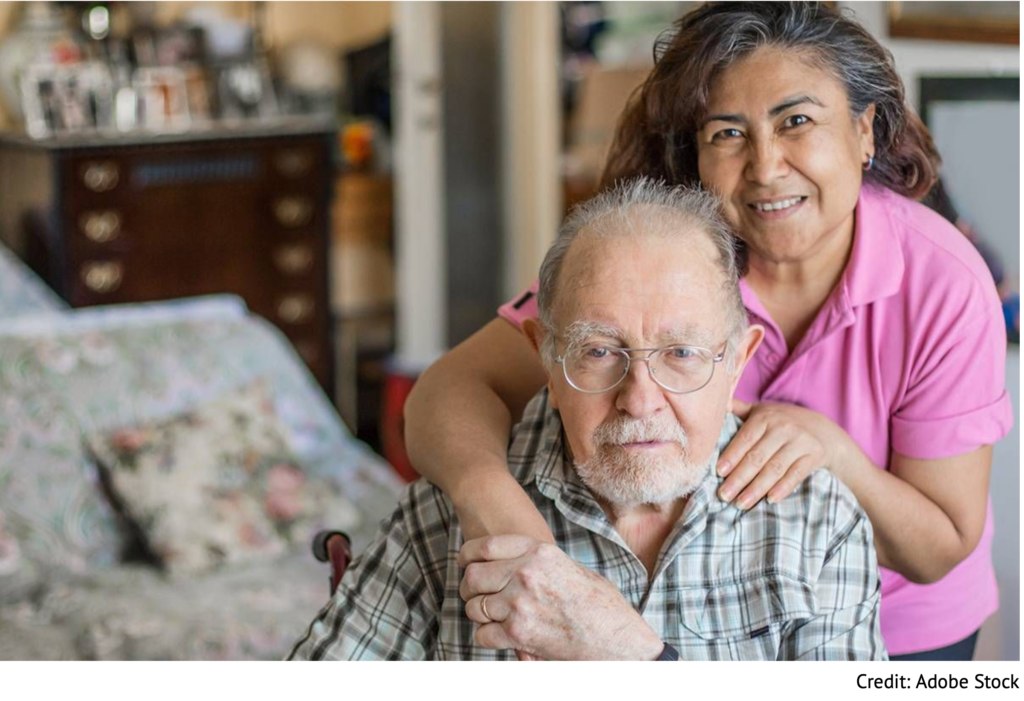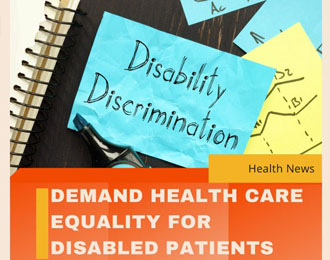How A Spouse’s Physical Disability Impacts a Relationship

An injury to one partner has many ramifications for the couple. The key to working through the challenges is communication.
By Francine Russo, January 2022

Despite his precarious balance, Linda’s husband refuses to use his walker or even the non-skid rugs in the bathroom. Instead, he pushes his feet on a towel along the wet tiles. Her 87-year-old husband of 50 years insists he’s fine even though in the past, she says, he has confessed, “‘I can’t acknowledge this is where I am in my life’.”
Linda, a 74-year-old mental-health clinician in the Washington, D.C., metro area knows she’s being “bitchy.” She says: “I’m past the stage of ‘I know this is hard.’ Now it’s: ‘You fall and you’re dead!'”
Conflicts like these are the most obvious sign of an intimate relationship battered by the emotions swirling around a partner’s physical disability, including fear of dependency, loss of identity and a potentially diminished relationship. The magnitude of what these older couples face challenges even the most loving couples.
New research finds that those who can regard the disability as shared do best, both physically and emotionally. After all, while one partner’s injured hip affects his ability to walk, the disability happens to their relationship. It may alter their respective roles and responsibilities, their social life, shared activities, and their sexual intimacy.
A new couples-oriented therapeutic approach shifts the focus from a caregiver/care recipient model to treating the pair primarily as a romantic couple.
Whatever the physiological issue, working on that relationship is key, says Zurich University psychologist Isabella Bertschi, lead author of a recent review of over 30 studies of couples across a range of infirmities. When partners see the disability as shared, she says, they develop a sense of we-ness around it, and that strengthens their couple bond.
The path to we-ness lies in their expressing their inmost thoughts and feelings to each other. But that’s hard.
“It’s very intimidating for them to share their fears, their grief and anger,” says marriage and family therapist Mary Sanders of Shoreview, Minn. The healthy one may feel guilt and shame because they’re not ready to be at this stage of life.
It’s also common for the healthier partner to think: “He’s going through so much: I don’t want to burden him with my feelings.”
She thinks she’s protecting him, but her withholding stresses them both and pushes them apart. He wonders why she’s not being open with him and doubts the strength of their bond, says Bertschi. “It undermines trust in the relationship,” she adds.





